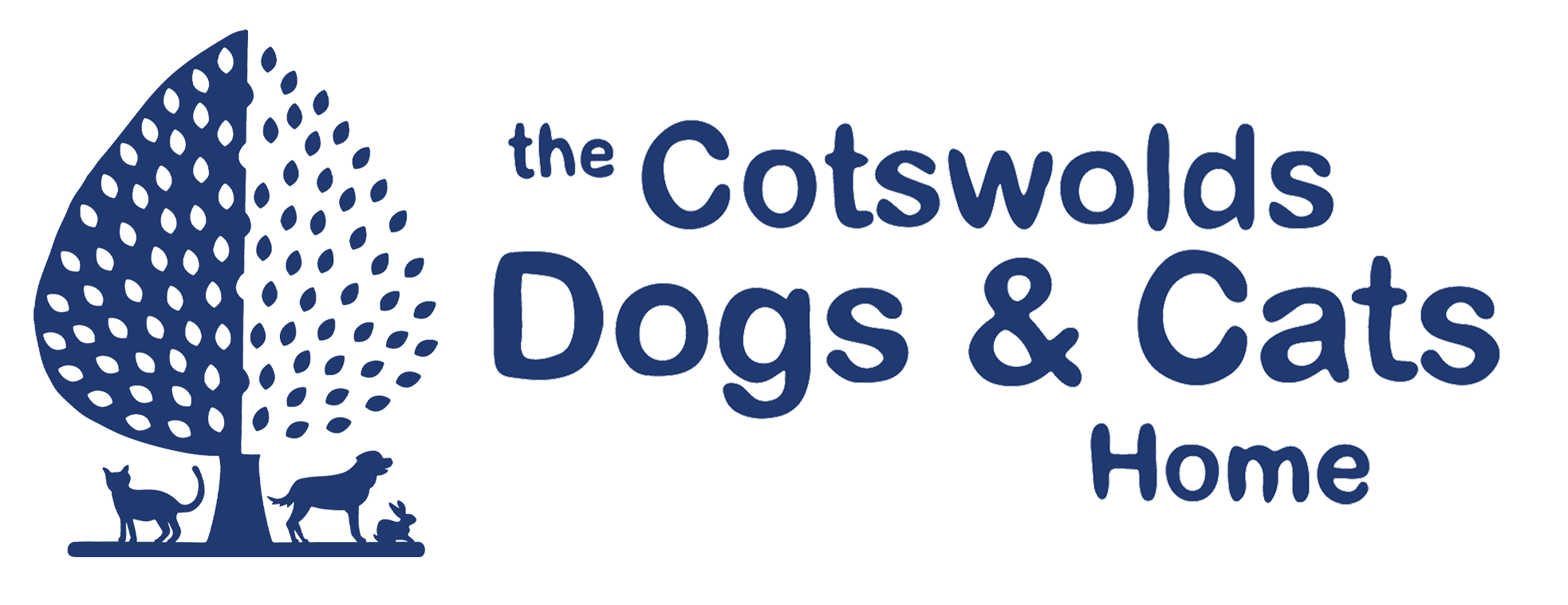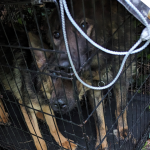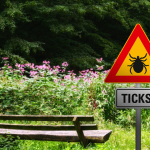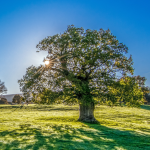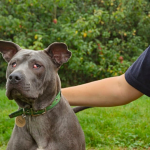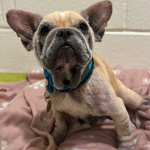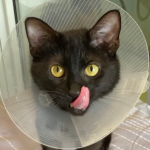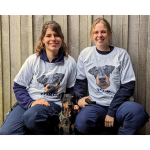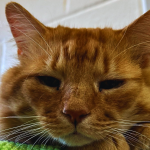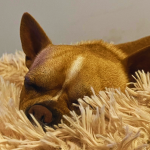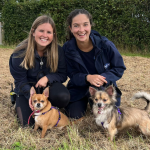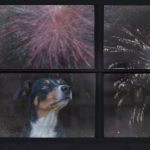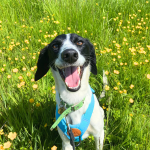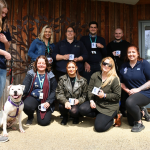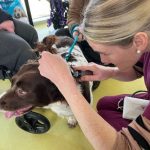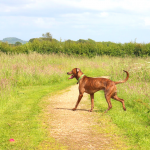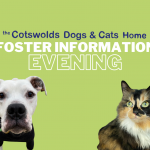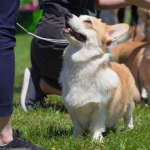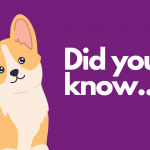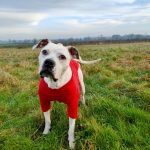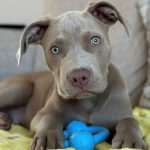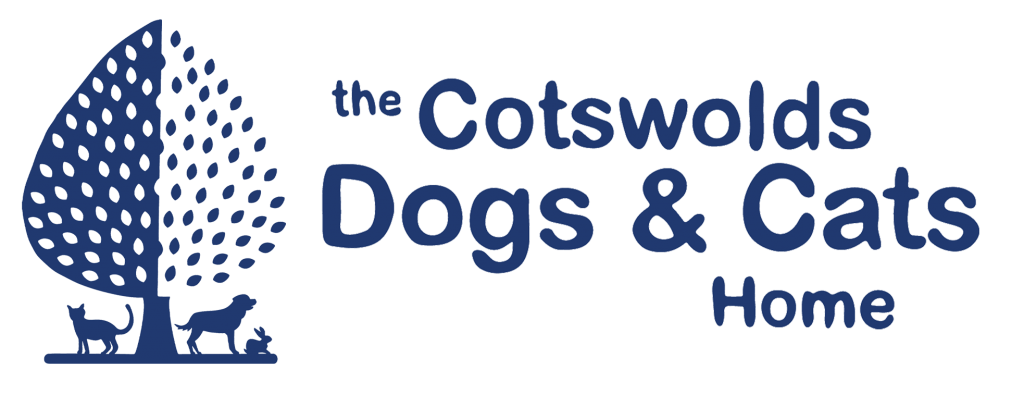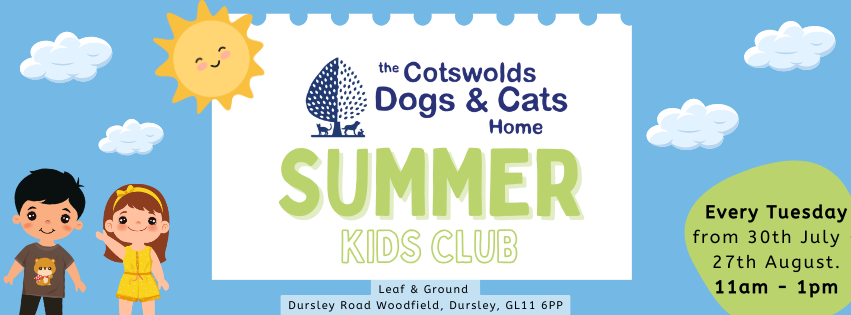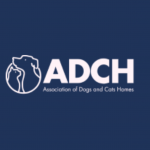
Keep your pets safe this Christmas – foods to avoid!
It’s important to closely monitor the food your pets eat year round, to give them the best chance of living a long and healthy life. But in the run up to Christmas, all of the tasty treats around the house can provide an extra temptation for greedy dogs and curious cats. We’ve pulled together some handy tips to help youensure you’re keeping your pets away from anything that could potentially harm them, which hopefully will mean you don’t need to make any unnecessary visits to the vet over the festive period
Foods your pet should avoid
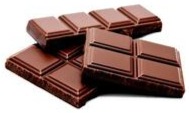
Chocolate
This is a big one! There tends to be a lot more chocolate in our homes around the festive period,and unfortunately this means that chocolate poisoning is one of the most common reasons for emergency vet appointments during this time. Chocolate is hugely poisonous for dogs, and ingesting even a tiny quantity can cause them to develop health problems. It’s not great for our feline friends either,as their digestive systems can’t break down some of the ingredients.
Therefore, it’s best to be extra careful with keeping chocolate in the house and make sure your pet can’t get their paws on advent calendars, edible decorations or boxes of chocolates. Another one to watch out for is chocolate wrappers — even though these aren’t poisonous, they can still cause an obstruction if ingested, which may require surgical intervention.
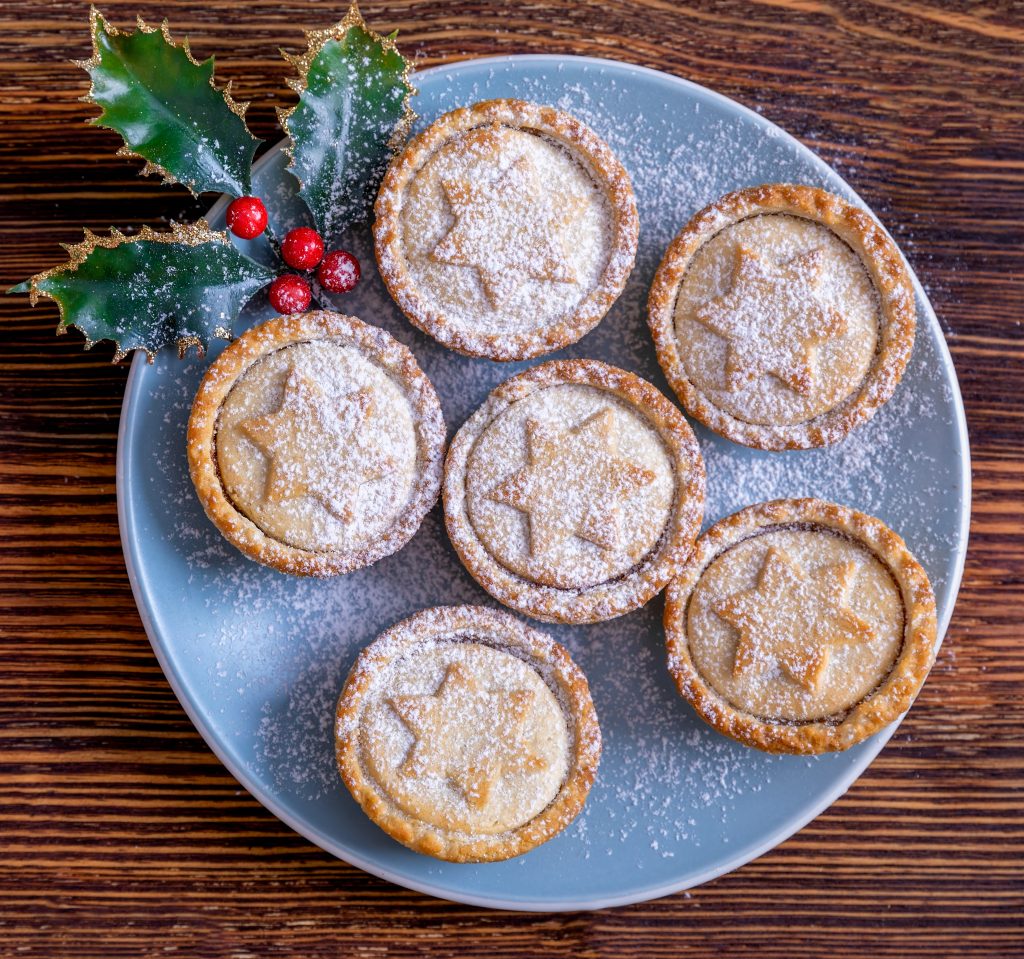
Christmas cake and mince pies
These festive treats usually contain dried grapes in the form of raisins, currants or sultanas, which are toxic to cats and dogs, and can cause kidney damage or renal failure when consumed in large quantities. Other foods to watch out for include stollen, chocolate covered raisins, and Christmas pudding.
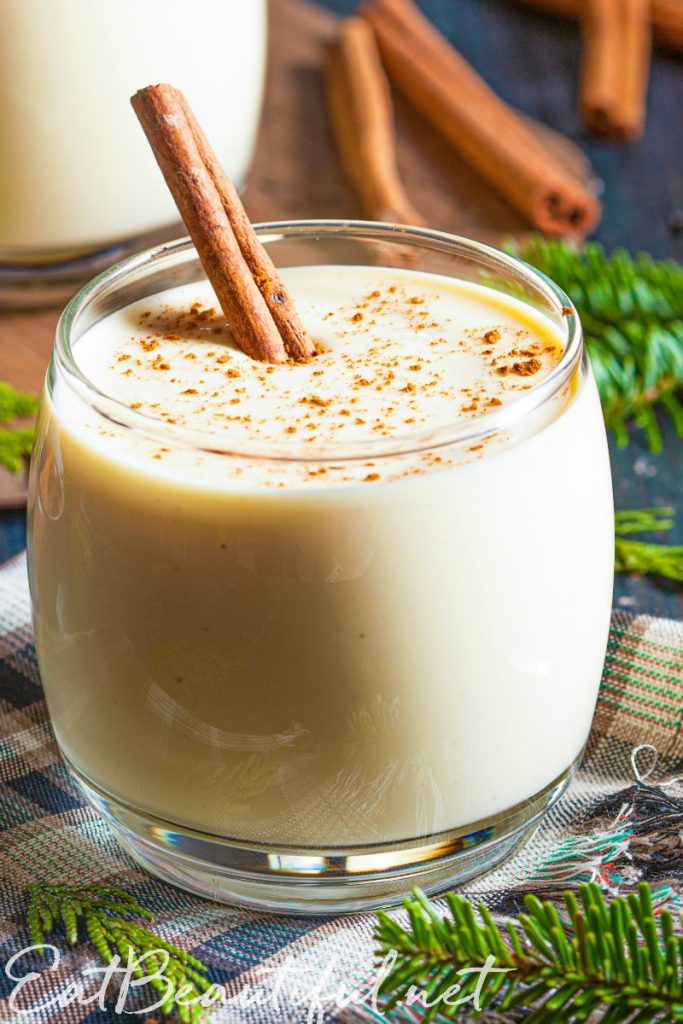
Alcohol
Dogs are much more sensitive to the effects of alcohol than humans so ingesting even a small amount can cause problems, leading them to become drowsy and wobbly on their feet, or in extreme cases causes seizures or a coma. Although you might not think your dog would be interested in a Christmas tipple, they can be tempted in particular by cream or egg-based drinks — so keep an eye out.
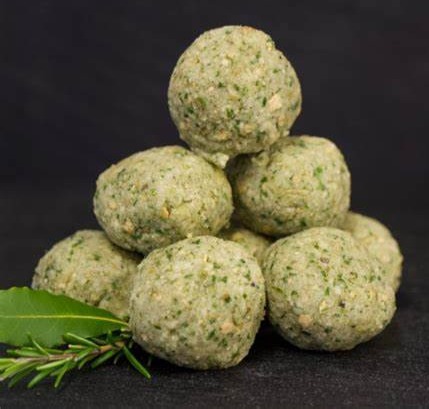
Stuffing
It’s particularly important that you don’t allow your pet to eat anything that contains onions, garlic, leeks, shallots, chives — or any other foods that belong to the allium family, which contain a substance which can damage the red blood cells and cause life-threatening anemia. Lots of Christmas foods contain these ingredients, including this vital roast dinner component. Be careful with onion-based gravies or bread sauce too, as the tempting smell can be of particular interest to many cats and dogs.
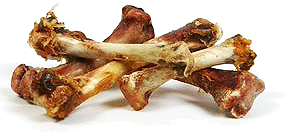
Bones
Cooked bones are brittle and can easily splinter, which can cause obstructions when eaten by cats or dogs. Ensure that any meat is kept out of reach of your pet, and always dispose of carcasses in a place that they
won’t be able to raid while you aren’t looking.
Fatty Foods
Christmas can be a time of indulgence for many and while there’s nothing wrong with enjoying yourself, allowing your pet to eat high-fat meals can result in a nasty bout of vomiting and diarrhoea. Christmas foods can be very tempting to curious cats and dogs, so ensure that any leftovers, juices or fats are quickly disposed of or stored well out of reach.
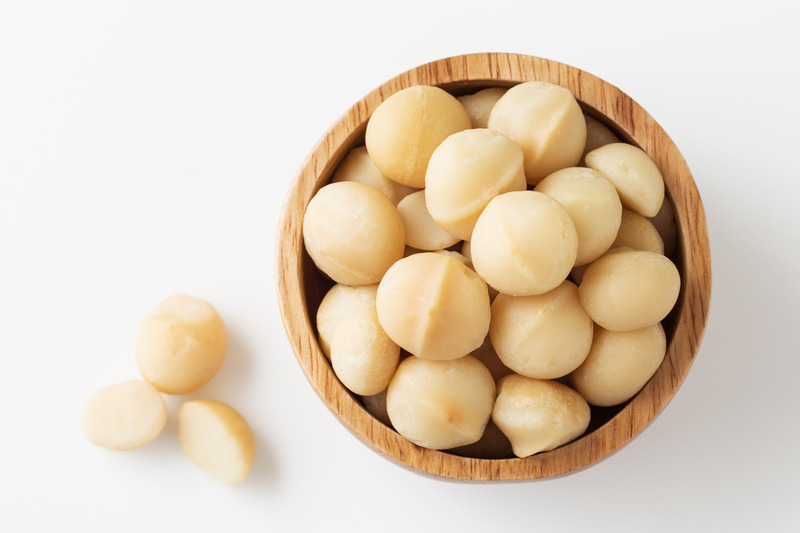
Macadamia Nuts
Although some nuts are safe for dogs to eat, you may find it easier to keep these away from your dog to reduce the chance of them eating a macadamia nut, which are highly toxic and can cause weakness, vomiting and tremors. Studies have shown that cats don’t seem to have such a severe reaction to eating nuts, but in general it’s best to keep them out of reach of all pets.
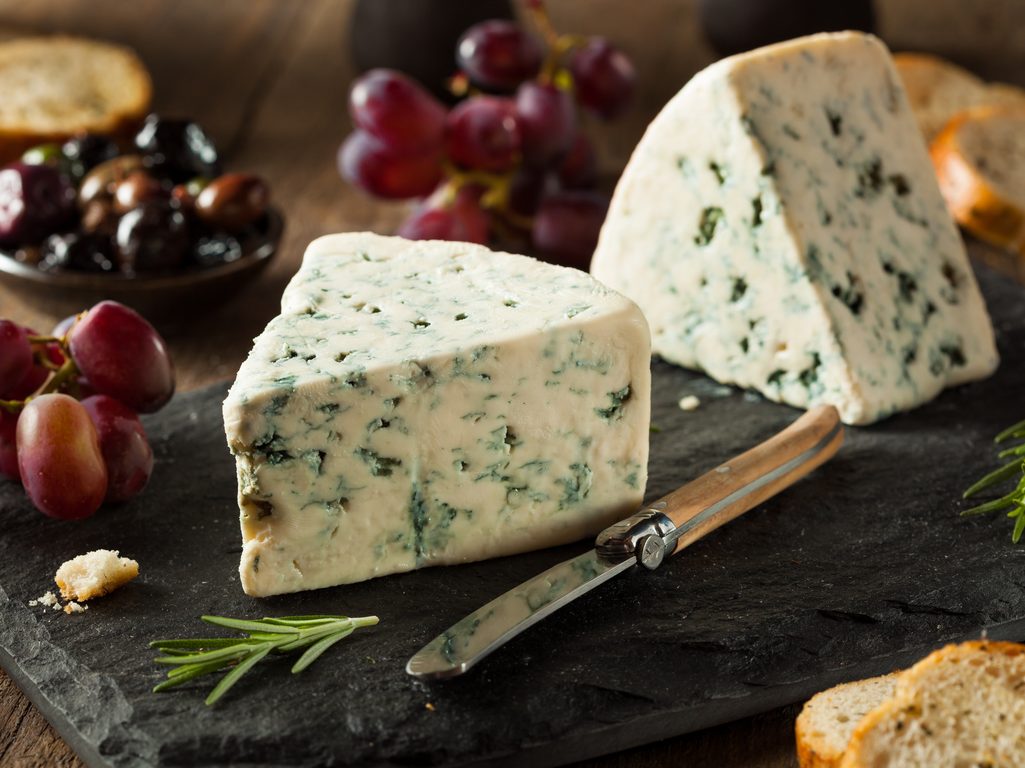
Blue Cheese
Roquefort, Stilton, Gorgonzola and other blue cheeses are made with cultures of the mold penicillium, which give them their distinctive blue-green spots or veins. While many humans find this very tasty, it appears that dogs are particularly sensitive to a substance called roquefortine C, which is produced by the fungus. Storing any blue cheese in an airtight container won’t only reduce the chance of stinking out your fridge; it could also save your dogs from severe symptoms like muscle tremors and seizures.
Mouldy Food
In the same vein, it’s importantthat you prevent your pet fromeating any other mouldy foods which can contain lots of different toxins and make them ill. If you compost your food scraps, make sure that they are kept outside in a sealed container that your pet cannot access.
Other Items
It’s not just about food. Several Christmassy plants, such as holly, ivy, poinsettia and mistletoe, are all toxic to pets so take extra care if you have any of them in your vicinity.
Your pet might also be interested in Christmas decorations! Be sure to keep an eye on any baubles going missing.
Top tips
- Remember to keep all potentially dangerous foods out of reach of curious paws — whether that’s in a kitchen cupboard, or locked away safely in a pet-proof Tupperware container.
- Contact your vet immediately if your pet shows any symptoms of poisoning or obstruction. These include vomiting, diarrhoea, lethargy, being off their food, rapidly increased thirst, or issues with going to the toilet.
- If your pet has eaten something they shouldn’t have, consult your vet and make an appointment to see them if necessary. Try to see how much has been eaten, and take any packaging that might give information on the ingredients. Do not try to make your pet sick, as this could cause more issues.
- If you’re particularly keen to get your furry friend involved in the festive fun, you can make their very own version of a Christmas dinner with lean turkey and diced boiled vegetables like carrots, parsnips and green beans. Make sure you don’t give them too much as even a small amount of human food is a big treat for a pet, and ensure you’re taking these treats into account by reducing their other meals to balance out their calorie allowance. This really isn’t necessary though — most pets will be just as happy with a toy and some quality time with you!
Categories
- Appeals (4)
- Events (5)
- News & Updates (27)
- Happy Tails (12)
- Past Appeals (64)
- Past Events (66)
- Support & Advice (34)
- Challenge Events (2)
Recent Posts
Related posts


Be aware of plants that can be toxic to your pet!

Dog theft - Prevention and Advice

Paws for Prevention: Neutering facts and advice
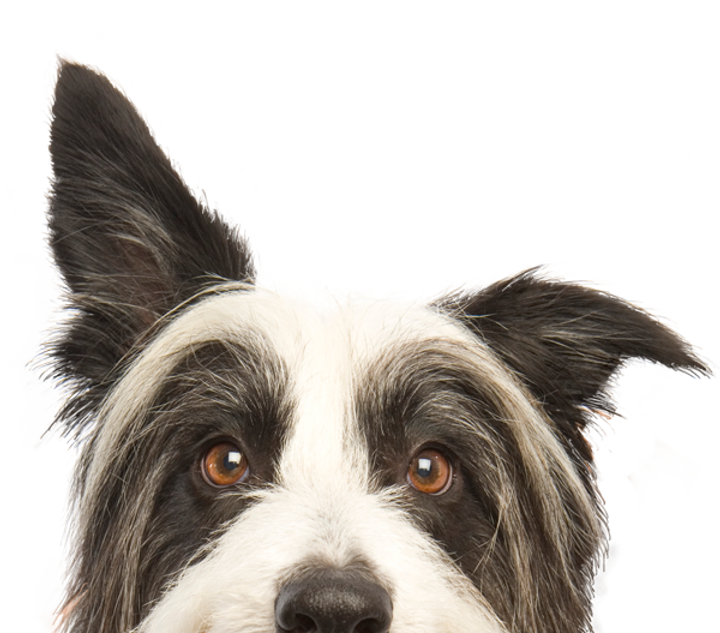
To report cruelty or an animal in distress call 0300 1234 999
